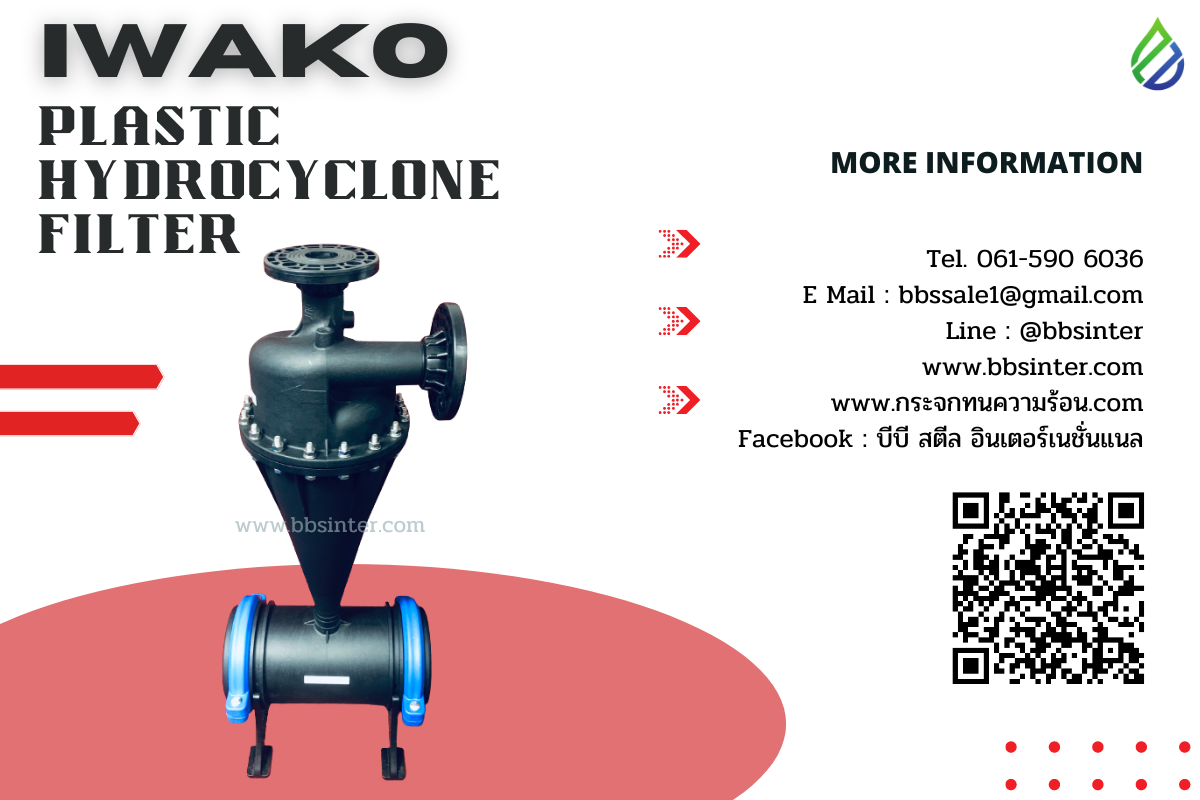What is water filtration in agriculture ?
What is water filtration in agriculture ? : Water filtration in agriculture refers to the process of removing impurities, contaminants, and unwanted particles from water used in agricultural activities such as irrigation, livestock watering, and crop spraying. The goal of water filtration in agriculture is to ensure that the water used is clean, safe, and suitable for its intended purpose, thereby promoting healthy crop growth, protecting livestock, and optimizing the efficiency of irrigation systems.
Key Aspects of Water Filtration in Agriculture:
1.Purpose of Water Filtration in Agriculture:
-Protecting Crops: Clean water free from contaminants like sediment, algae, and pathogens is essential for healthy crop growth. Contaminated water can lead to soil degradation, reduced crop yields, and the spread of plant diseases.
-Ensuring Efficient Irrigation: Filtration prevents clogging of irrigation systems such as drip lines, sprinklers, and nozzles, ensuring that water is distributed evenly and efficiently across the fields.
-Protecting Livestock: Water quality is crucial for livestock health. Filtering water removes harmful bacteria, parasites, and chemicals that could negatively impact animal health and productivity.
-Maintaining Equipment: Filtration helps protect pumps, valves, and other irrigation equipment from damage caused by debris, sediment, and other particulates, reducing maintenance costs and extending the life of the equipment.
2.Common Contaminants in Agricultural Water:
-Sediment: Soil particles, sand, and other suspended solids that can clog irrigation systems and reduce water flow.
-Algae: Algae growth in water sources can block filters, reduce oxygen levels, and lead to poor water quality.
-Bacteria and Pathogens: Microorganisms that can cause diseases in plants and animals.
-Chemical Contaminants: Pesticides, herbicides, and fertilizers that may be present in runoff water and need to be filtered out to prevent crop damage or soil contamination.
-Debris: Organic and inorganic materials that can accumulate in water storage tanks and irrigation systems.
3.Types of “IWAKO” Water Filtration Systems in Agriculture:
-Basket Strainer Screen Filters: These filters use a physical barrier to trap larger particles and debris. They are commonly used as a first line of defense in irrigation systems.
-Sand/Media Filters: Water passes through a bed of sand or other media that traps finer particles. These are effective for removing sediment and organic matter.
-Disc Filters: These filters use a stack of discs with grooves that trap particles as water flows through them. They are particularly effective in drip irrigation systems.
-Hydrocyclone filters : These use centrifugal force to separate heavier particles from the water. They are often used in combination with other filtration systems.
-Automatic Self-Cleaning Filters: These advanced filters clean themselves automatically, reducing maintenance and ensuring continuous operation.
4.Applications of Water Filtration in Agriculture:
-Irrigation Systems: Filtration is essential for preventing clogs in drip irrigation lines, sprinklers, and other irrigation equipment, ensuring consistent water delivery to crops.
-Greenhouses: In controlled environments like greenhouses, water quality is crucial for maintaining optimal growing conditions. Filtration helps remove contaminants that could affect plant health.
-Hydroponics: In hydroponic systems, where plants are grown in nutrient-rich water, filtration ensures that the water remains clean and free from harmful pathogens and debris.
-Livestock Watering: Filtration ensures that water provided to livestock is free from harmful microorganisms and contaminants that could affect animal health.
5.Benefits of Water Filtration in Agriculture:
-Improved Crop Yields: Clean, filtered water promotes healthier plant growth and higher crop yields.
-Enhanced Irrigation Efficiency: Filtration prevents clogs and ensures even water distribution, improving the efficiency of irrigation systems.
Reduced Equipment Maintenance: By preventing debris and contaminants from entering irrigation systems, filtration reduces wear and tear on equipment, lowering maintenance costs.
-Better Livestock Health: Providing clean water to livestock reduces the risk of waterborne diseases, leading to healthier and more productive animals.
-Environmental Protection: Filtration reduces the amount of pollutants and chemicals that enter the soil and water bodies, promoting sustainable agricultural practices.
“IWAKO” Strainer filter for sale : Basket Strainer , Handle Wheel Washing Basket Strainer , Automatic Basket Strainer , Automatic Backwash Strainer , Duplex Basket Strainer , Automatic Strainer Machine , Automatic Strainer Self-Cleaning , Automatic Self-Cleaning Water Filters, Automatic Backwash Drain Filter, Automatic Backwashing Strainer , Automatic Backflush Strainer , Automatic Water Strainer , Hydrocyclone Separator Filter , T Strainer Filter , Y Strainer and Temporary filter.
Line ID : @bbsinter
Tel. 061-5906036
Author Profile
Latest entries
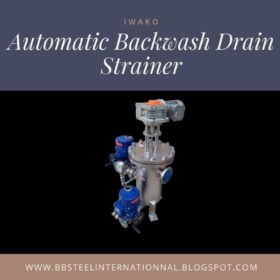 strainer filterตุลาคม 16, 2025Automatic Self-Cleaning Water Filter กับระบบบำบัดน้ำเสียอุตสาหกรรม
strainer filterตุลาคม 16, 2025Automatic Self-Cleaning Water Filter กับระบบบำบัดน้ำเสียอุตสาหกรรม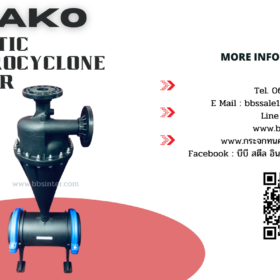 strainer filterตุลาคม 13, 2025Plastic Hydrocyclone Sand Separator for Irrigation
strainer filterตุลาคม 13, 2025Plastic Hydrocyclone Sand Separator for Irrigation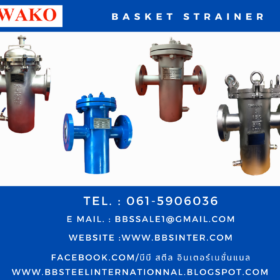 strainer filterตุลาคม 10, 2025Basket Strainer manufacturer catalogue
strainer filterตุลาคม 10, 2025Basket Strainer manufacturer catalogue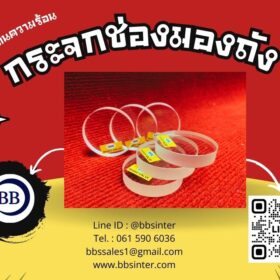 sight glassตุลาคม 7, 2025Disc Sight Glass Borosilicate IWAKO
sight glassตุลาคม 7, 2025Disc Sight Glass Borosilicate IWAKO



